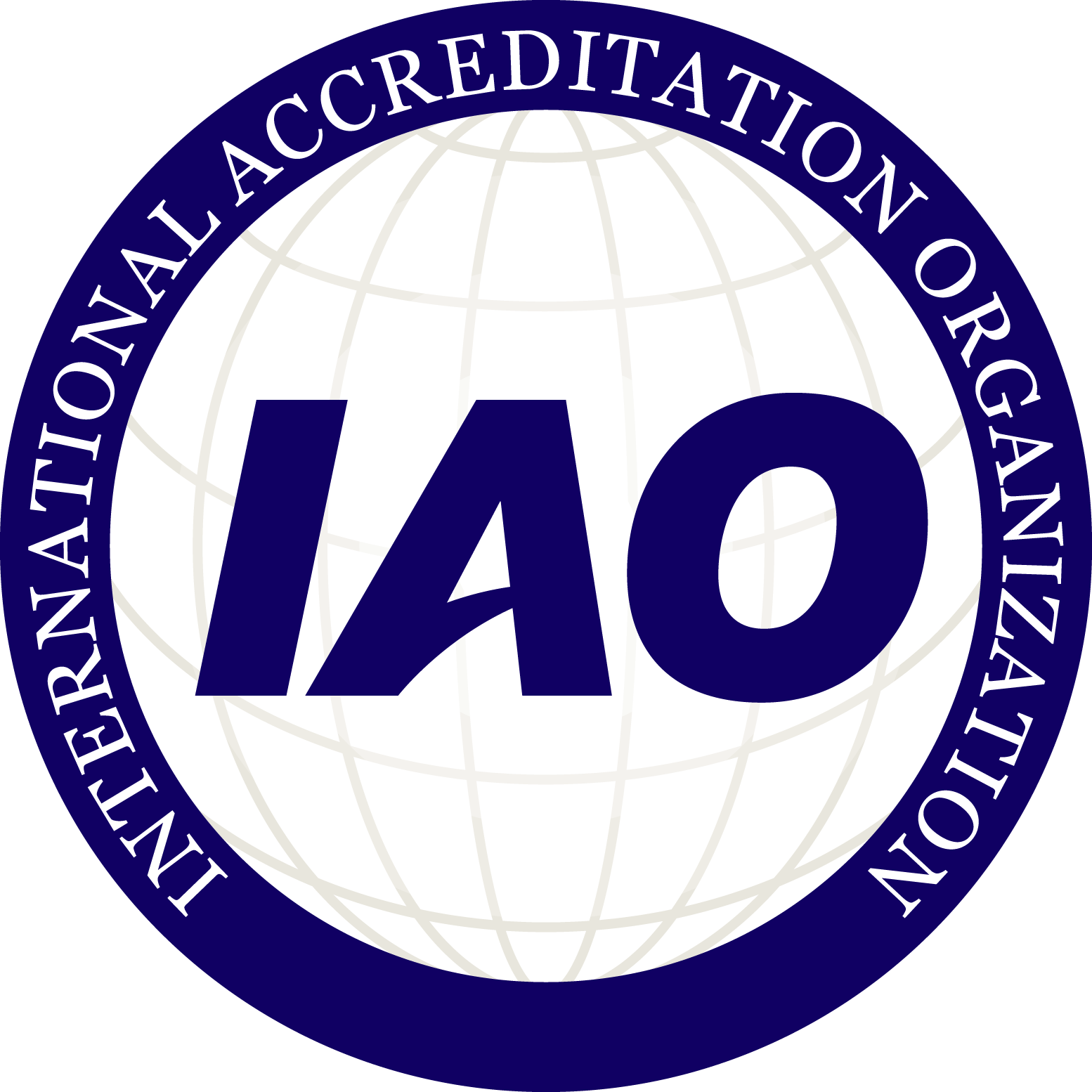NAAC/IQAC
National Assessment And Accreditation Council (NAAC)
NATIONAL ASSESSMENT AND ACCREDITATION COUNCIL (NAAC) is an autonomous body established by the University Grants Commission (UGC) of India to assess and accredit institutions of higher education in the country. It is an outcome of the recommendations of the National Policy in Education (1986) which laid special emphasis on upholding the quality of higher education in India. To address the issues of quality, the National Policy on Education (1986) and the Plan of Action (POA-1992) advocated the establishment of an independent national accreditation body. Consequently, the NAAC was established in 1994 with its headquarters at Bengaluru.
NAAC Core Values for Higher Education Institutions:
NAAC, Bengaluru has identified five core values to be fulfilled by the Higher Education Institutions:
- Contributing to National Development
- Fostering Global Competencies among Students
- Inculcating a Value System among Students
- Promoting the Use of Technology
- Quest for Excellence
In addition to these values, the institution has given emphasis on the inculcation of human values among the students through various activities conducted throughout the academic year. For more details visit: www.naac.gov.in
NAAC Accreditation Reports
Graphical Representation based on QnM & QlM
View ReportInstitutional Grade Sheet
View ReportInstitutional Information for Quality Assessment (IIQA)
IIQA Document Details
View DetailsSSR Supporting Documents
Extended Profile
View DetailsQuality Indicator Framework (QIF)
View DetailsCompliance Statement
View DetailsRTI Act 2005, Section 4 (1) (b)
View DetailsSelf Study Report (SSR)
Full Self Study Report (SSR)
View ReportInstitutional Distinctiveness
Distinctiveness Report
View DetailsVision
To make quality the defining element of higher education in India through a combination of self and external quality evaluation, promotion and sustenance initiatives.
Mission
- To arrange for periodic assessment and accreditation of institutions of higher education or units thereof, or specific academic programmes or projects;
- To stimulate the academic environment for promotion of quality of teaching-learning and research in higher education institutions;
- To encourage self-evaluation, accountability, autonomy and innovations in higher education;
- To undertake quality-related research studies, consultancy and training programmes;
- To collaborate with other stakeholders of higher education for quality evaluation, promotion and sustenance.
Operational Features
Quality assurance is a by-product of ongoing efforts to define the objectives of an institution, to have a work plan to achieve them and to specify the checks and balances to evaluate the degree to which each of the tasks is fulfilled. Hence devotion and commitment to improvement rather than mere institutional control is the basis for devising procedures and instruments for assuring quality. The right balance between the health and growth of an institution needs to be struck. The **IQAC has to ensure that whatever is done in the institution for “education” is done efficiently and effectively with high standards**. In order to do this, the IQAC will have to first establish procedures and modalities to collect data and information on various aspects of institutional functioning.
The coordinator of the IQAC will have a major role in implementing these functions. The IQAC may derive major support from the already existing units and mechanisms that contribute to the functions listed above. The operational features and functions discussed so far are broad-based to facilitate institutions towards academic excellence and institutions may adapt them to their specific needs.
Functions
- Development and application of quality benchmarks
- Parameters for various academic and administrative activities of the institution;
- Facilitating the creation of a learner-centric environment conducive to quality education and faculty maturation to adopt the required knowledge and technology for participatory teaching and learning process;
- Collection and analysis of feedback from all stakeholders on quality-related institutional processes;
- Dissemination of information on various quality parameters to all stakeholders;
- Organization of inter and intra institutional workshops, seminars on quality related themes and promotion of quality circles;
- Documentation of the various programmes/activities leading to quality improvement;
- Acting as a nodal agency of the Institution for coordinating quality-related activities, including adoption and dissemination of best practices;
- Development and maintenance of institutional database through MIS for the purpose of maintaining /enhancing the institutional quality;
- Periodical conduct of Academic and Administrative Audit and its follow-up
- Preparation and submission of the Annual Quality Assurance Report (AQAR) as per guidelines and parameters of NAAC
Composition of the IQAC
IQAC Compositions (PDF Link)Policy Documents
View IQAC Policy DocumentsMinutes of Meeting
View IQAC Minutes of Meeting & ATRIntellectual Property Rights & Technology Transfer
The institution promotes and manages intellectual property rights and facilitates technology transfer through its dedicated IPR cell.
- Patents Filed: View List
- Patents Granted: View List
- Technology Transfer Initiatives: View Details
AQAR Report 2023-24
View detailsBest Practice
View detailsInstitutional Distinctiveness
View detailsPlan of Action for Next Year
View detailsStudent’s Satisfaction Survey
Fill Survey FormAQAR Report 2022-23
View detailsBest Practice
View detailsInstitutional Distinctiveness
View detailsPlan of Action for Next Year
View detailsStudent’s Satisfaction Survey
Fill Survey FormAQAR Report 2021-22
View detailsBest Practice
View detailsInstitutional Distinctiveness
View detailsPlan of Action for Next Year
View detailsStudent’s Satisfaction Survey (View Analysis)
View detailsStudent’s Satisfaction Survey (Fill Form)
Fill Survey FormAQAR Report 2020-21
View detailsBest Practice
View detailsInstitutional Distinctiveness
View detailsPlan of Action for Next Year
View detailsStudent’s Satisfaction Survey (View Analysis)
View detailsStudent’s Satisfaction Survey (Fill Form)
Fill Survey FormNews and Achievements




Press Releases
Rankings
IEEE Maker project, IEEE, USA – 2016
NEN (National Entrepreneurship Network) E-Week, 2011-2016
NEN (National Entrepreneurship Network) E-Week, 2016
“Just Careers” Magazine, 2011
NEN (National Entrepreneurship Network) E-Week, 2015
The Telegraph, 2009
International BAJA SAE Motosports Competition
Star News, 2011
NPTEL program (IIT Kharagpur and IIT Chennai), 2016
